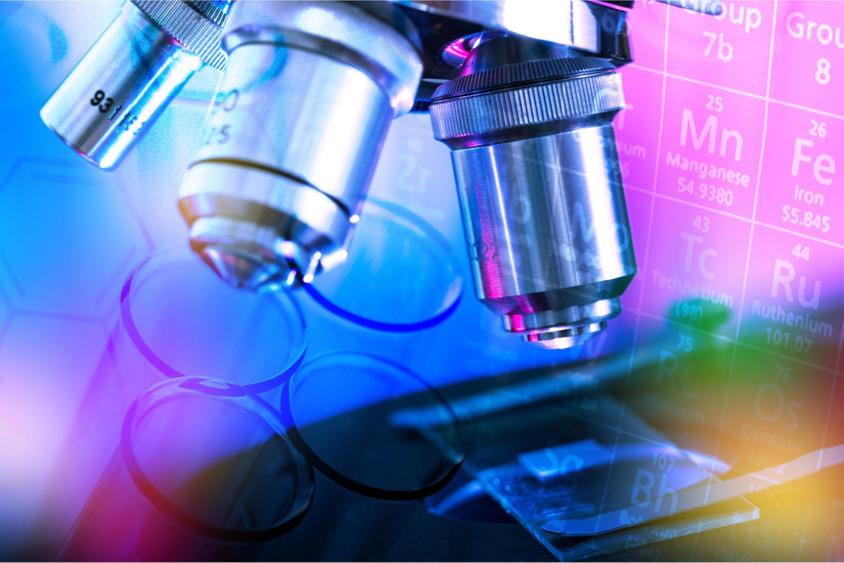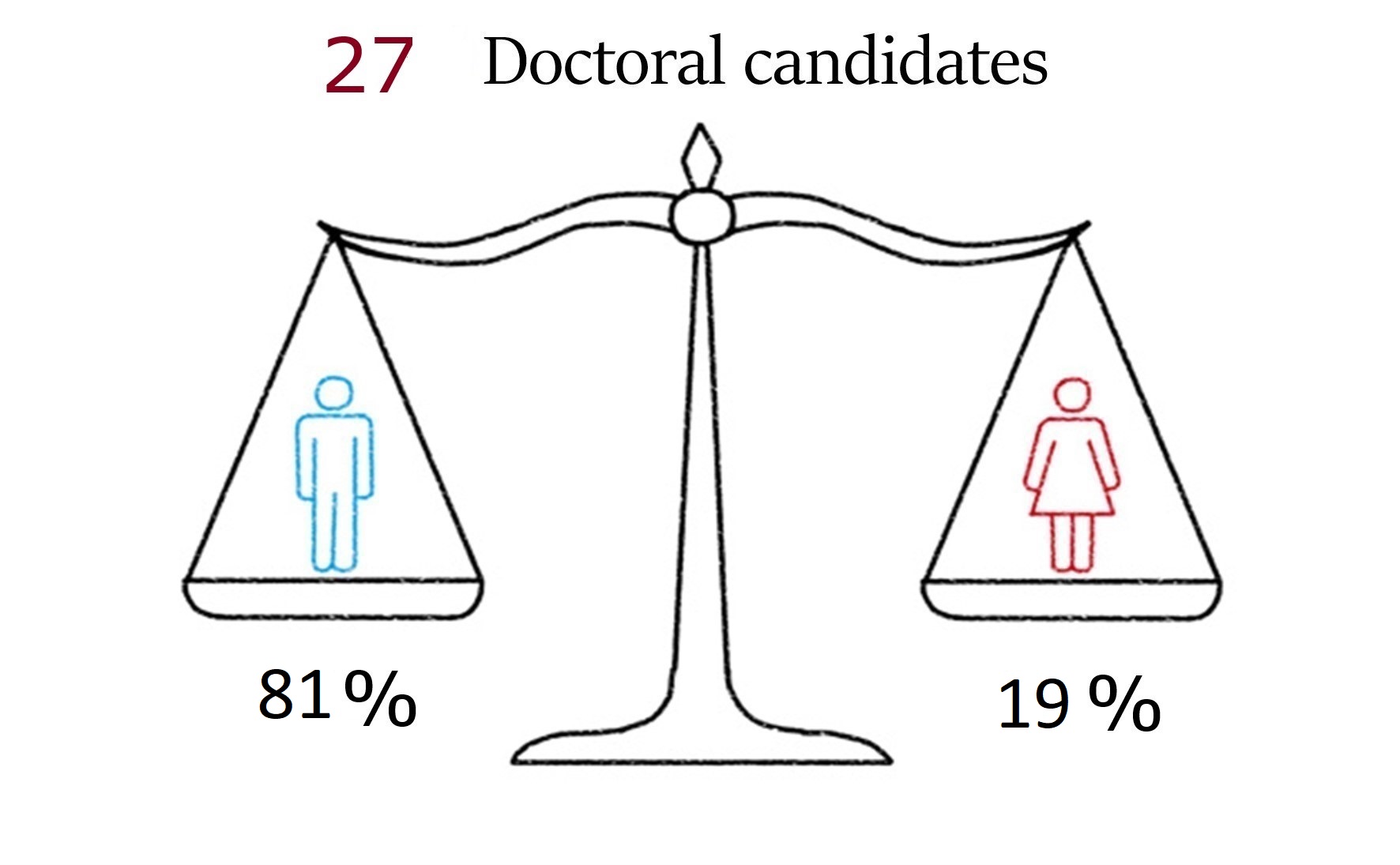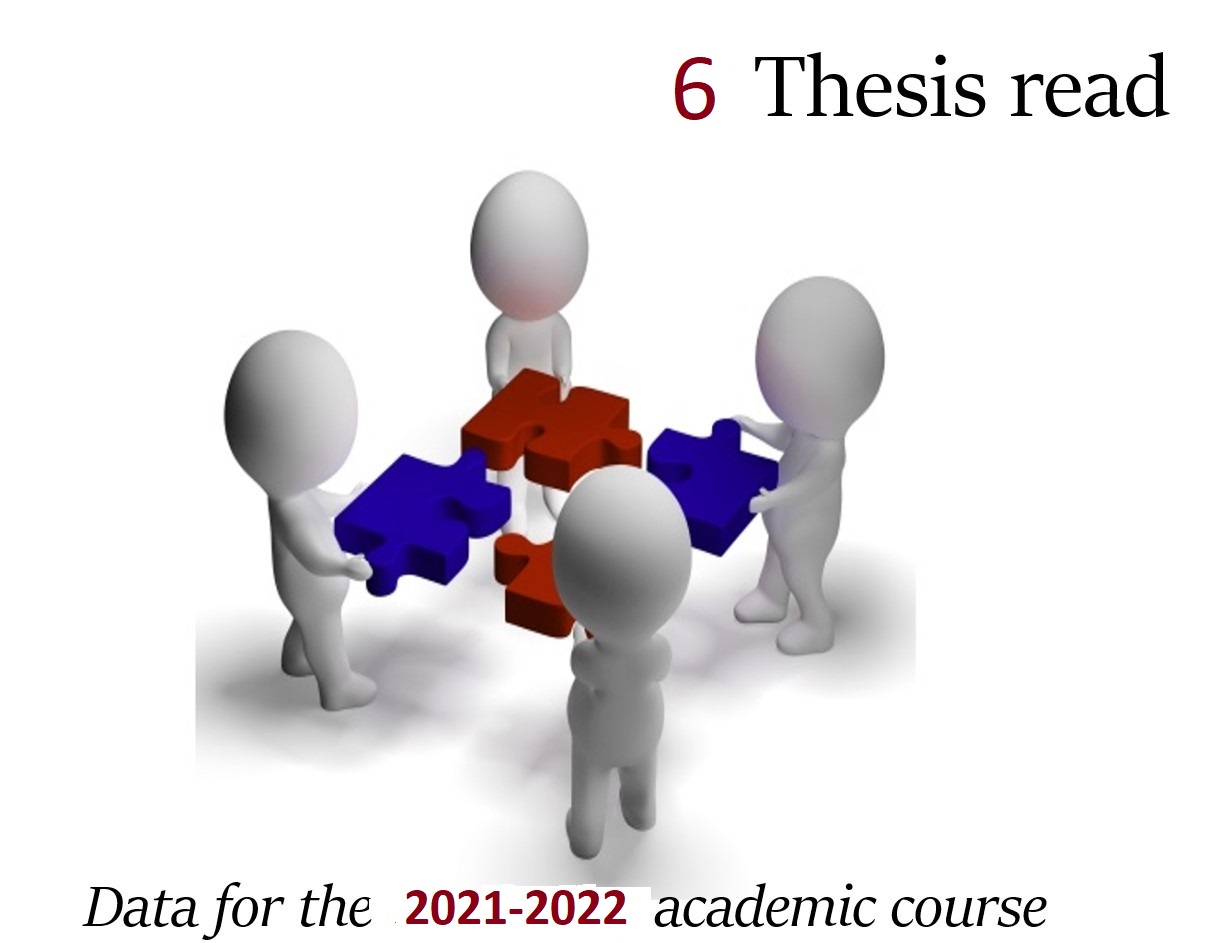
Compartir:
Theoretical Chemistry and Computational Modelling

The Doctorate program in Theoretical Chemistry and Computational Modeling is an opportunity to develop an original research project with the most cutting-edge methods offered by quantum chemistry to delve into scientific problems in chemistry, physics, materials science, nanoscience and biochemistry.
Computational modeling at the molecular level has been established as a tool that covers, in a transversal way, many areas of knowledge, from biochemistry to new materials, going through all the disciplines of chemistry and emerging areas such as nanoscience. It also allows finding interpretations to complex problems using the most modern computational tools.
We offer an interuniversity program, coordinated by the UAM. and where different groups of excellence throughout the Spanish territory participate in 13 Spanish Universities (Complutense University of Madrid, University of Barcelona, University of Vigo, University of the Balearic Islands, University of the Basque Country/Euskal Herriko Unibertsitatea, University of Seville, University of Oviedo, University of Valladolid, Jaume I University, University of Murcia, University of Extremadura, University of Cantabria, University of Valencia). The doctoral thesis can be carried out both in the development of new methodologies or in their application to different problems. As part of their training, all doctoral students will receive a broad overview of the possible applications of Theoretical Chemistry in different areas and the different existing modeling techniques.
Admitted candidates will be integrated into a research group of the Departments of Chemistry, Applied Physical Chemistry or in one of the associated centers (INIA, CSIC, IMDEA, etc.). Candidates will be assigned an academic tutor at the time of enrollment and later they will be assigned a supervisor who will depend on the research group where the thesis will be carried out. At the end of each academic course they will be evaluated by the academic supervision where they must obtain a positive evaluation to be able to enroll in the next doctoral course. At the end of the third year, an evaluation must be passed, which ensures that the thesis can be completed in a reasonable time.
Most of the students who have completed the doctorate in Theoretical Chemistry and Computational Modeling carry out at least one postdoctoral stay in academic centers. Many ends up developing a career linked to the academy, but also many of them pursue their career in industry, typically in the pharmaceutical, materials, chemical or software development companies.
The Doctorate program offers students state-of-the-art computing resources to develop their research projects. The research groups involved have access to large computational infrastructures, which ensure the completion of the project (own resources, UAM Scientific Computing Center, Spanish Supercomputing Network). In addition to these infrastructures, training is provided in transversal skills and bibliographical research and oral and written presentation courses.
Research lines:
- Molecular structure & Chemical Reactivity
- Simulation methods in Chemistry
- Excited states & Photochemistry
- Computational Biochemistry
- Solids & Surfaces
- New materials Studies
- Laser-induced processes
- Computational Organometalic Chemistry
Degree Official Documentation
- Degree explanatory memorandum
- Evaluation report for ‘ANECA’ verification
- Verification resolution
- Link to the registry of Universities, Centers and Degrees
- Accreditation renewal report
Facts & Figures




